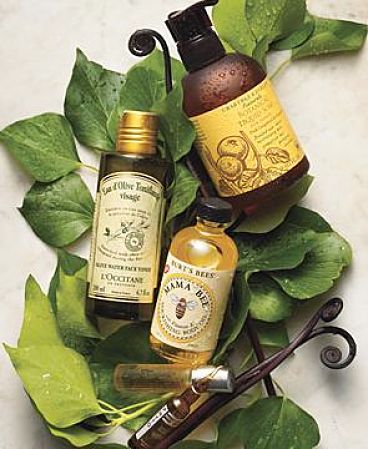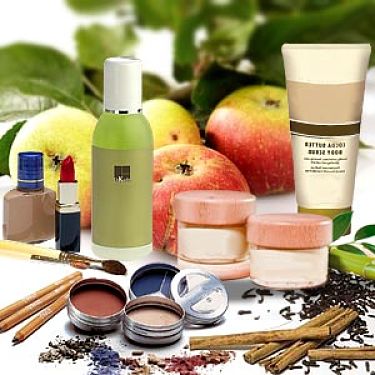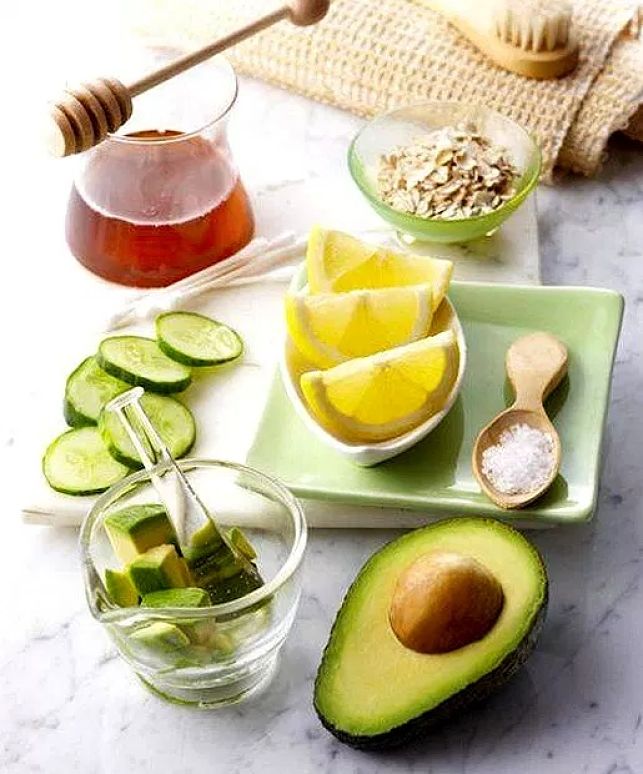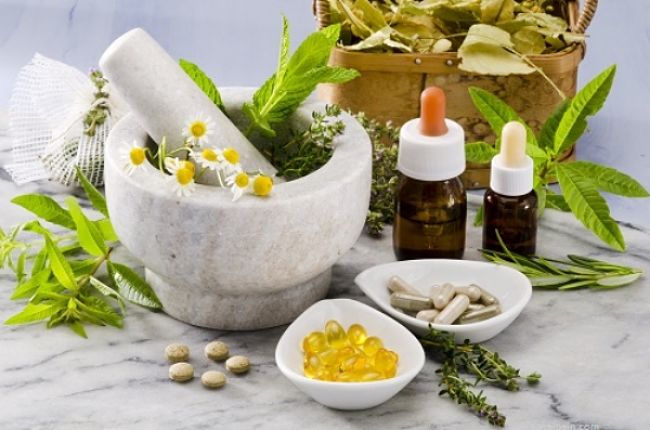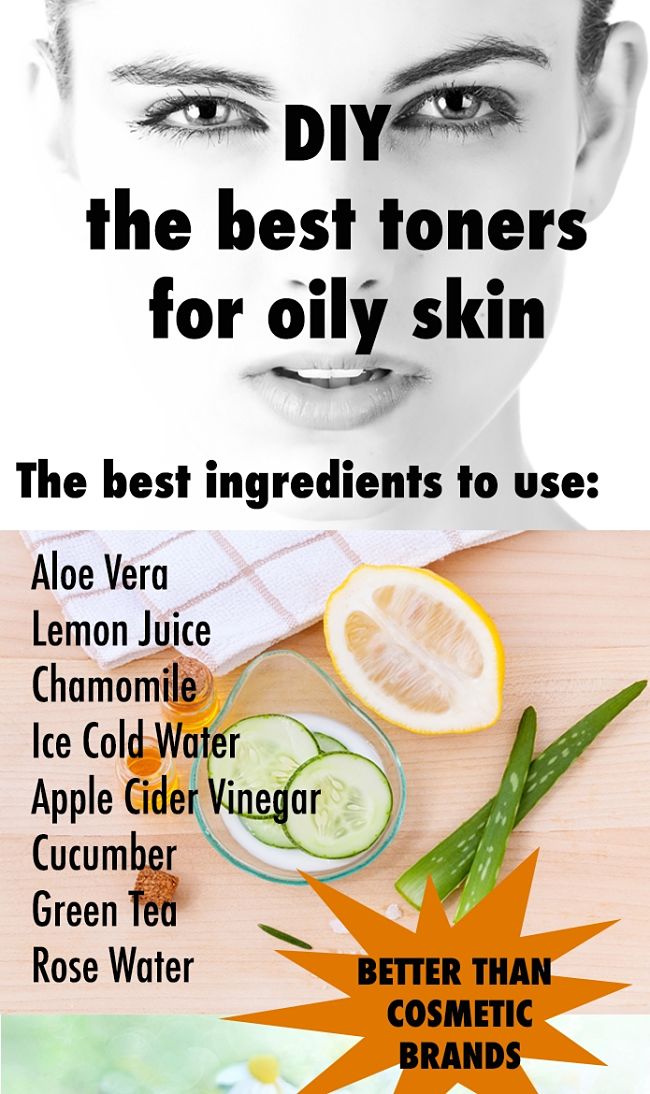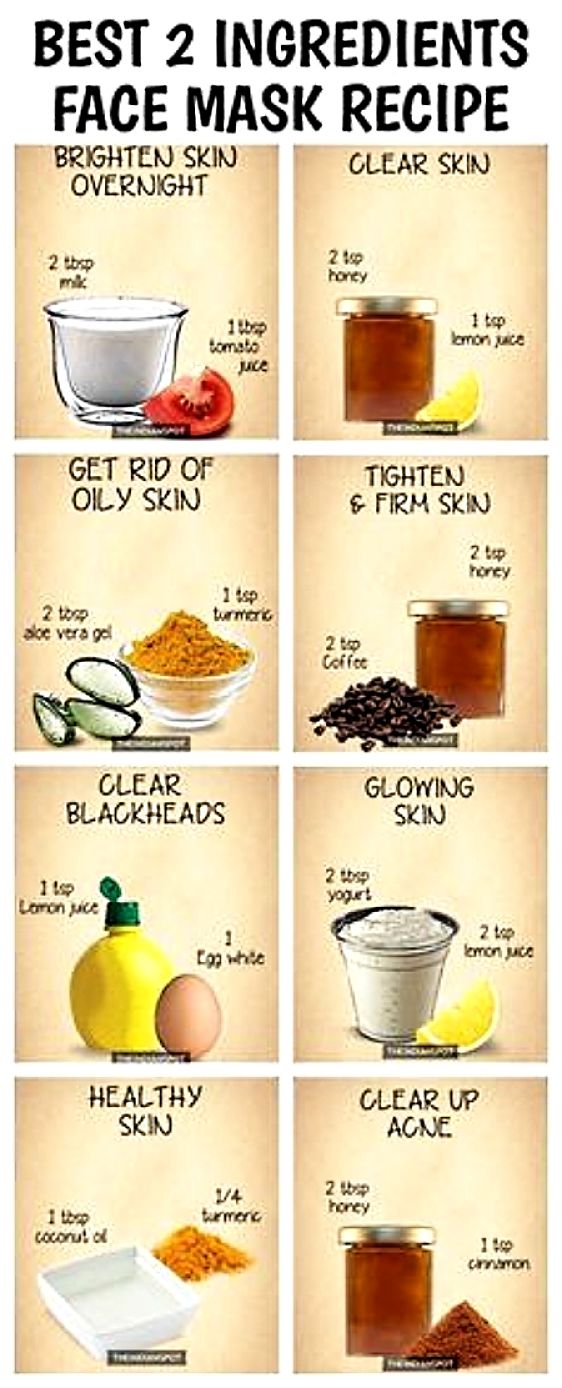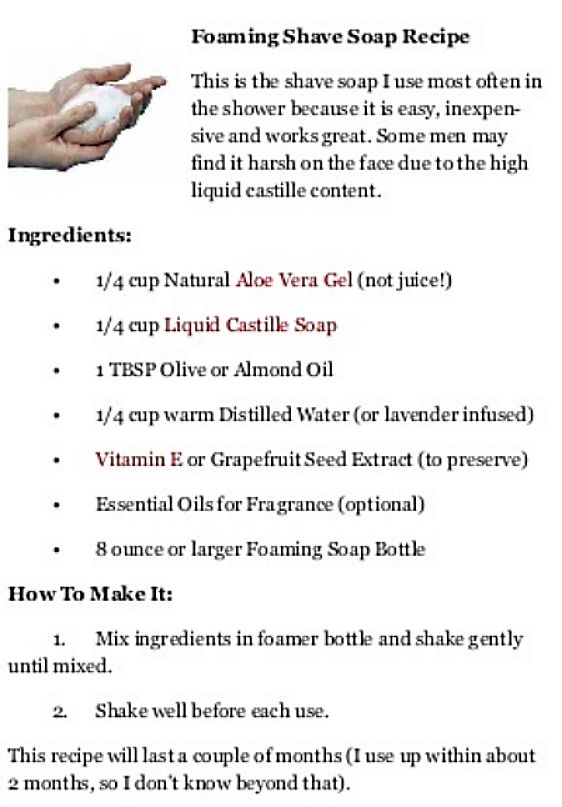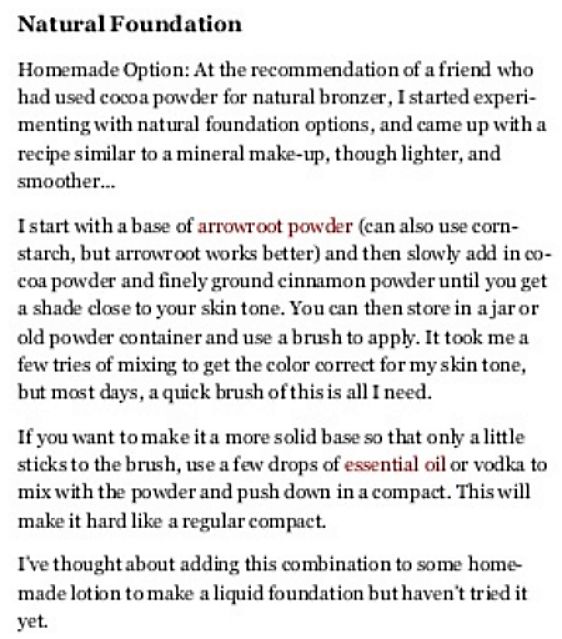Q&A What Makes Organic Cosmetics and Makeup Better for You?
Most organic makeup manufacturers take exceptional care and pride in supplying you with organically-based cosmetics made utilising the most stringent standards that apply to organic certification. Cosmetics and skin care goods marked "organic" have to pass certain certification standards, though there are always label issues. Consumers and users of organic make-up accept as factual they are getting a healthier and higher value product.
Makers of high value organic cosmetics need to ensure that their components are all-natural and derived from unrefined, preservative-free organic components that are carefully processed to avoid destroying these properties. While every merchandise requires some processing, manufacturers of organic make-up try to do this in an environmentally-friendly way.

Organic makeup avoids synthetic preservatives or those that include formaldehyde. This entails not using no parabens, urea derivatives or other formaldehyde-producing goods are common in other cosmetics.
In the identical way, no petrochemicals are used either. Many preservatives are drawn from from petroleum. This includes petroleum jelly, inorganic oil, parabens, propylene glycol, acetones or benzene-like products.
Some cosmetics need extraction steps with solvents. Most chemical solvents are harmful to humans as residues and these are avoided in organic makeup production. Phthalates, found in plastics, have been renowned to imitate the hormone, estrogen, and can trigger female-related diseases and other changes in the body. These, too, are bypassed in the production of organic makeup.
Common detergents, like Sodium Lauryl Sulfate and associated chemicals, are kept out of organic makeup and skin care products. These detergents can cause skin allergies and inflammation and natural less-harmful alternative are available. In summary, all components in this type of makeup should be declared organic or be verified as being free or non-organic contaminants.
Although not part of the organic certification, manufactures should also specify that no animal testing or other cruelty to animals is involved in producing of their products.
All fragrances are natural and all essential oils are sourced from natural sources. Special vigilance is made to confirm there are no contaminants including pesticide residues in any of their organic products.
Organic makeup avoids synthetic preservatives or those that include formaldehyde. This entails not using no parabens, urea derivatives or other formaldehyde-derived chemicals are common in other cosmetics.
In an identical way, no petrochemicals should be used as well. Many preservatives are derived from petroleum derivatives. This includes petroleum jelly, inorganic oils, parabens, propylene glycol, acetones or benzene-like products.
Avoid cosmetics that need extraction steps with solvents. Most chemical solvents are harmful to humans as residues, and these should be avoided in organic makeup. Phthalates, found in plastics, have been renowned to imitate the hormone, estrogen, and can trigger female-related diseases and other changes in the body. These, too, are bypassed in the production of organic makeup.
Most fragrances are natural and essential oils in organic cosmetics are sourced from natural products. Special vigilance is made to confirm there are no contaminants including pesticide residues in any of their organic products.
Essential oils are extracted from bark, flowers, blossoms, seeds and various of organic sources. They are freeze dried or vapour distilled to extract the fragrances, and they are not degraded with preservatives and other chemicals. Many essential oils have preservatives properties and they also help to add texture to the cosmetics.
In some situations, organic makeup can comprise metal oxides and titanium dioxide that are processed synthetically but are natural minerals.
Consumers should always check the ingredients and reputation of organic cosmetic products before buying them. The labels and brands may be deceptive.
Certification of Organic Makeup
Ecocert was the pioneer of the organic certification organisations and was the first company to develop stringent standards for "natural and organic cosmetics".
Developed in 2003, the specification was established after consulting with all stakeholders in the supply chain, including: industry experts, manufacturers, suppliers, distributors, various consumers and their representative groups and development organisations.
Ecocert currently works with in excess of 1,000 companies and helps them to develop their voluntary certification processes. There are now many other organic certification companies that do similar things.
Fundamentals of the Ecocert Standard
To ensure the products supplied to consumers are environmentally friendly the Ecocert standard lays down:
1. Cosmetics only include the use of ingredients that are derived from renewable resources and are manufactured by environmentally friendly processes. Ecocert therefore checks:
- The absence of GMO, parabens, phenoxyethanol, nanoparticles, silicon, PEG, animal-derived ingredients (except for naturally derived products such as milk, honey, etc.), synthetic perfumes and dyes.
- That the packaging is biodegradable or recyclable.
2. Cosmetic ingredients meet a minimum percentage of natural ingredients derived from organic farming:
- The Ecocert Standard requires that a minimum of 95% of the total ingredients come from natural origins and organic farms.
3. An on site audit is conducted by an Ecocert auditor.
Contaminants
The fundamental principle is that the raw materials must be authentic and confirmed to be be not polluted by contaminants. The ingredients, which are by-products of raw materials, must be also be reputed as being not polluted by contaminants.
List of contaminants :
Heavy metals (Metallic trace elements): cadmium, mercury, lead, chromium, copper, nickel, zinc, molybdenum, arsenic and selenium
Hydrocarbons: carcinogenic (Benzene, Toluene, Xylene) and polycyclic aromatic hydrocarbons (PCA)
Pesticides (insecticides, fungicides, herbicides, products for soils disinfection): for their toxicity, their persistence and their residues)
P.C.B. etc (dioxines):
Radioactivity: - including use as preservative
GMO: - by-products of raw materials, which can be produced from GMO.
Mycotoxins: Medicinal residues (anticoccidials, synthetic antibiotics, anabolic steroids, etc.) from animal products (wax, milk ...)
Nitrates from plant products: - Nitrosamines.

